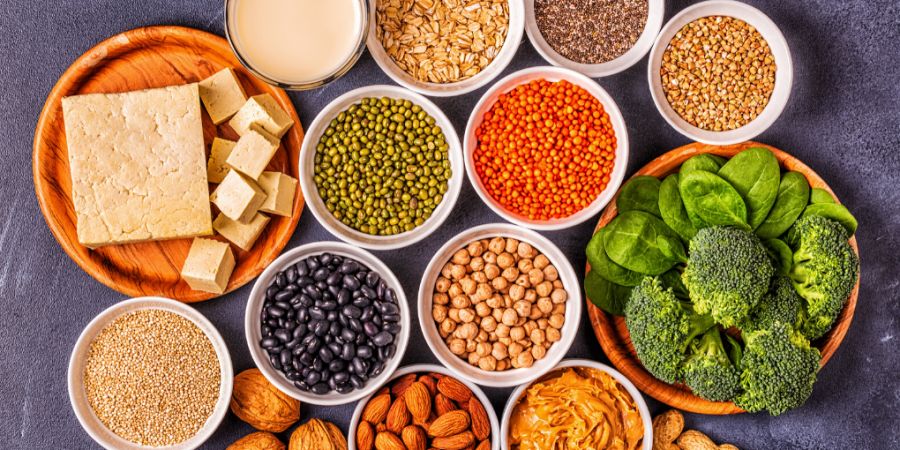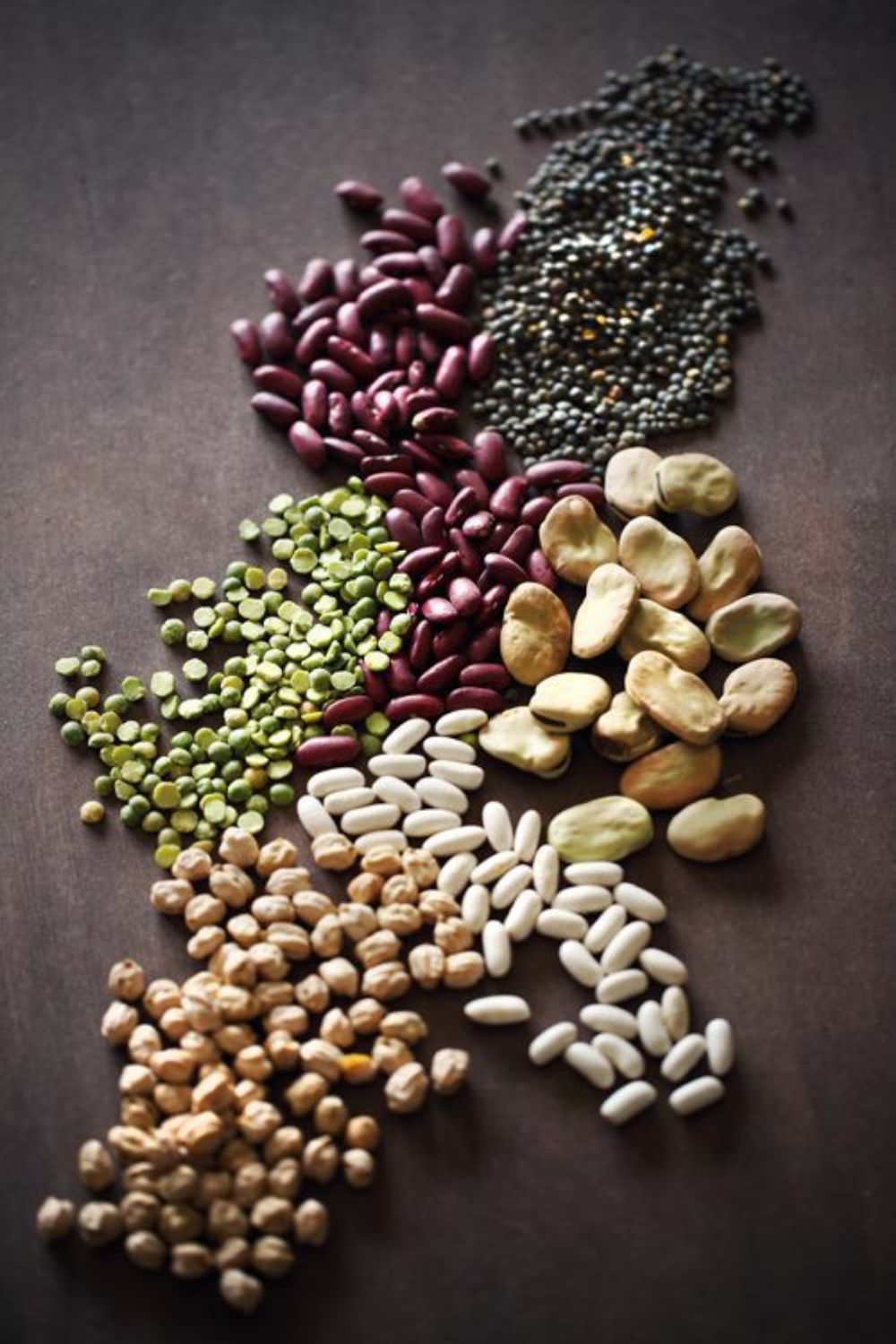

Many plant-based health professionals consider protein to be a non-issue and guess what, they are right in that! It's almost impossible to suffer from clinical protein deficiency on a plant-based diet, especially if you include legumes. But there's a difference between not suffering from protein deficiency and getting enough protein to feel satisfied. On average, protein is likely the most satisfying nutrient. Getting enough is what tells your brain that you're full.
Fat and carbohydrates also play a role in satiation. Fat can slow the food moving through your stomach, thus making you feel full. Whereas, carbohydrates increase your blood sugar, also telling your brain that you're no longer hungry. They all have roles to play and trying to eliminate any of these nutrients isn't good idea. Rather, eating a balanced amount of protein, carbohydrates, and fat at any given meal is, on average, going to be the most filling way to eat.
WHAT IS PROTEIN?
Protein is needed to maintain muscle and bone mass, keep the immune system strong and prevent fatigue. Proteins are made up of varying amounts of 20 different amino acids, some of which are considered essential because they are the ones that our bodies don't make, we must obtain them through our diet. The levels of essential amino acids in animal proteins are very similar to those found in human proteins, they're considered complete or high-quality protein. In the plant world, the soybean is considered as the highest quality protein though all legumes are almost as complete as soy.
Legumes such as beans, peanuts, green and split peas, lentils, and soy are among the best sources of protein for plant-based eaters. They're both high in protein and contain the amino acid that's the least common in other plant proteins which is ‘lysine’. Legumes are nutritious, sustainable, affordable and versatile. They also come packaged with antioxidants, fiber, and slowly released carbohydrates. You should aim to include a few servings of legumes each day, maybe even with each meal!

Soy is a special legume which consists of various antioxidants and Phytonutrients. It provides a wide range of high-protein products, such as soy milk, soy flour, soy sauce, tofu, tempeh, soy nuts and many others. So, adding soybean to your daily diet will easily add good amount of protein to it.
.
[Thank you for reading till the end :) Hoping you found this blog informative⛧]




















